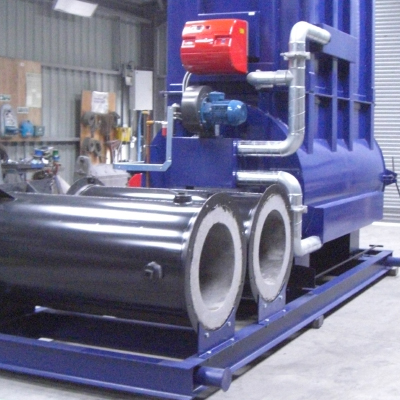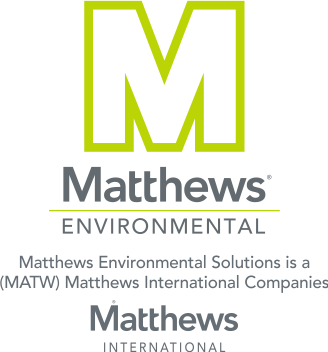In recent years, many pharmaceutical chemical compounds have been found in surface, ground, and drinking water around the world, causing increased awareness about the adverse environmental consequences of these contaminants. Even the smallest concentration of pharmaceutical chemicals can harm human health and development.
Pharmaceutical waste comes from a variety of waste streams, not just a single defined waste type. Pharmaceutical waste can include chemical compounds, intravenous (IV) materials, and deceased laboratory test animals. Many forms of pharmaceutical waste have a very high calorific value, making them highly combustible, creating a concern for operator safety.
A SAFE AND SECURE SOLUTION
Incineration provides complete destruction of pharmaceutical waste, ensuring that the final product is rendered inactive and not harmful. For this reason, many health organizations, such as the World Health Organization and the EPA, recommend incineration as the preferred disposal process for pharmaceutical waste. Beyond removing the risk of harmful active chemicals, the incineration process also aids in operator safety by containing volatile materials for safe and efficient disposal.
Browse Our Waste Incineration Systems
HAZARDOUS PHARMACEUTICAL WASTE
Here are just a few of the waste types recommended for incineration as hazardous waste:
- All chemotherapeutic agents
- Drugs Meeting NIOSH Hazardous Drug Criteria
- Drugs Listed in Appendix VI of OSHA Technical Manual
- Intravenous Material
- Carcasses of laboratory test animals
- Carcinogenic Drugs
- Combination Vitamin/Mineral Preparations with Heavy Metals
- Endocrine Disruptors
THE GLOBAL LEADER IN WASTE INCINERATION
Matthews Environmental is a global leader within the combustion and incineration industry with manufacturing facilities in the United Kingdom, Europe, and the United States. Our equipment has become the brand of choice for the World Health Organization.
Matthews offers a wide range of incinerators designed to safely and efficiently handle the disposal of pharmaceutical waste on either a batch or continuous basis while adhering to the most rigorous environmental standards.





